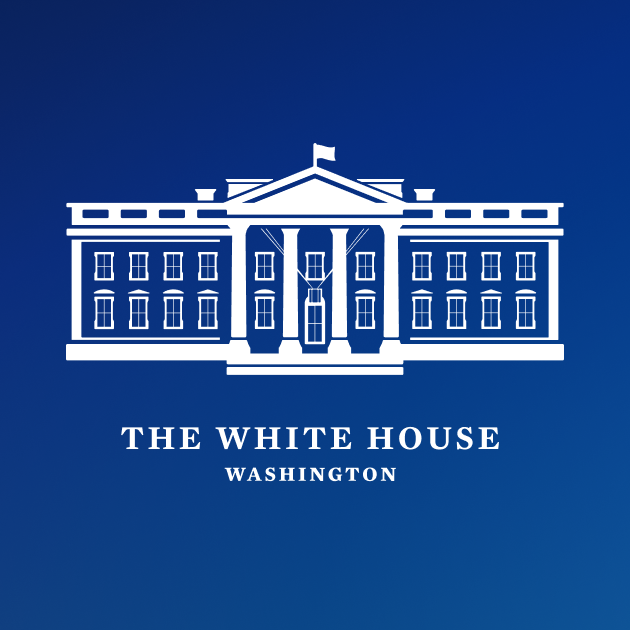Administration Announces New, Highlights Recent Actions to Increase Housing Supply, Protect Tenants

On July 27, the Biden – Harris Administration released two fact sheets on steps it is taking to boost the supply of affordable housing and support renter protections. These announcements, which build on the administration’s May 2022 Housing Supply Action Plan and January 2023 Blueprint for a Renters Bill of Rights, respectively, focus on reducing barriers to building housing, such as restrictive land-use and zoning rules; expanding financing for affordable, energy-efficient, and resilient housing; and promoting commercial-to-residential conversion, particularly for affordable and zero emissions housing.
As part of this, the administration announced the Pathways to Removing Obstacles to Housing (PRO Housing) program, which is a new $85 million HUD program to provide communities with funding to identify and remove barriers to affordable housing production and preservation. PRO Housing grants will be available for planning and policy activities to allow for higher density zoning and rezoning for multifamily and mixed-use housing, streamlining affordable housing development, and reducing requirements related to parking and land-use restrictions. The administration also touted recently announced programs at the Department of Transportation and Economic Development Administration aimed at land-use issues to promote affordable housing.
Announcements related to expanding financing for affordable and energy-efficient housing included highlighting recent actions to implement the Environmental Protection Agency’s Greenhouse Gas Reduction Fund, the Department of Housing and Urban Development’s Green and Resilient Retrofit Program, and other federal actions related to modernizing energy codes; new Federal Housing Administration guidelines to streamline its insurance for multifamily properties; and increasing participation in HUD’s Low Income Housing Tax Credit Pilot Project, which allows for streamlined processing of transactions under Section 221(d)(4) and Section 220 in properties that have Housing Credit financing. The administration also announced a new White House-led interagency working group to develop and advance federal funding opportunities that support the conversion of commercial properties to housing and support research on office-to-residential conversions.
The actions to protect renters focus on ensuring that renters have an opportunity to address incorrect tenant screening reports, provide new funding to support tenant organizing efforts, and ensure renters are given fair notice in advance of eviction. For example, HUD, the Department of Agriculture, the Consumer Financial Protection Bureau, the Federal Trade Commission, and Federal Housing Finance Agency each will be releasing guidance or best practices to landlords, operators, and stakeholders who rely on tenant screening reports in evaluating applications for rental housing.
HUD is also announcing $10 million to support funding for tenant education and outreach in HUD properties to help tenants engage with property managers and establish and operate tenant organizations. HUD will issue a notice of proposed rule-making to require that tenants in project-based rental assistance properties and public housing receive written notice at least 30 days prior to lease termination for nonpayment of rent.
These announcements follow the White House’s July 19 announcement of a series of steps intended to reduce so-called “junk” fees associated with rental housing, including rental application fees that exceed the cost of performing background and credit checks and convenience fees to pay rent online. In particular, the administration announced commitments from several rental housing platforms including Zillow and Apartments.com to increase transparency by providing total upfront cost information on rental properties listed on their sites, including these and other monthly and one-time items, such as security deposits.
HUD’s Office of Policy Development and Research released a Policy & Practice research brief on public and private strategies to encourage transparency and fairness in the rental market, such as allowing prospective renters to provide their own reusable screening reports containing information on income, rental history, credit history, and criminal history, or allowing a single application fee to cover multiple rental applications.

